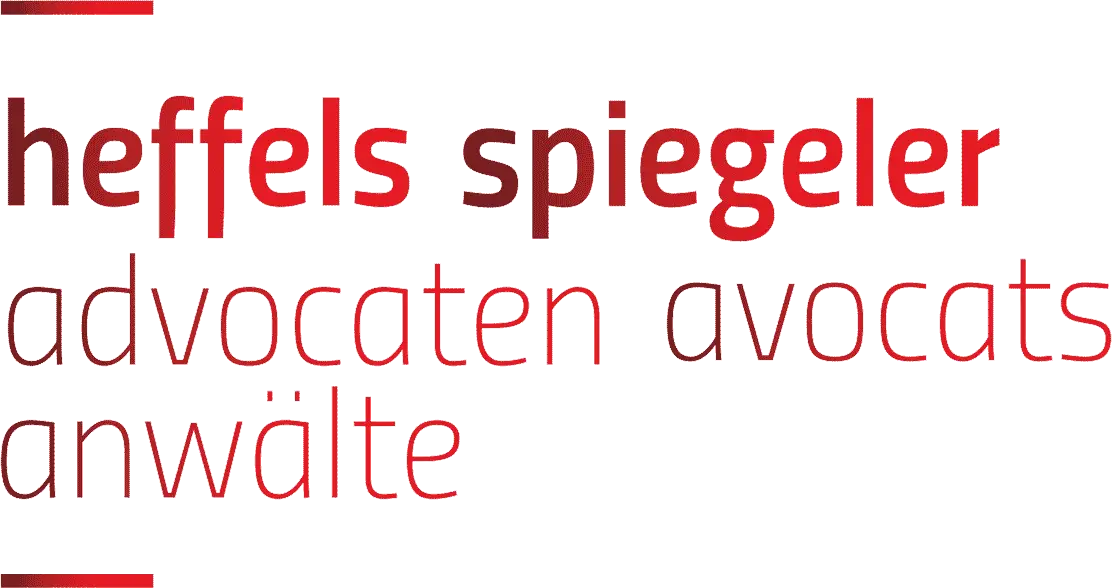 The “postulation” is a specific mechanism in France regulating the territorial competence of attorneys.
The “postulation” is a specific mechanism in France regulating the territorial competence of attorneys.
Before the “Tribunal de Grand Instance” (French High Court) representation by an attorney is compulsory. This obligation was made for the parties involved in a court case, given the fact that the Tribunal de Grand Instance (TGI) can decide on mayor issues.
The French judicial territory is divided in 161 TGI’s. Within each territory, attorneys are represent clients before their appointed GTI. Those attorneys have the monopoly of representation. This means that should an attorney from another bar wish to plead or represent its client’s interest before such a court, he/she would have to obtain the assistance of a local attorney. The later referred as “avocat postulant” will be in charge of the procedure (declaration of attorney before the court, filing briefs and arguments) whereas the other attorney designated as “avocat plaidant” will be involved in the defence (legal research, draft of argumentation and pleading).
The mere argument in favour of the “postulation” is the importance for the client to have a certain proximity with the judges. It also falls within the political framework of urban development in France.
Moreover and regardless of the harmonisation of procedural rules throughout the entire country, local attorneys are better placed to be aware of local uses and judge’s preference and customs which will serve the client’s interest.
However in the Macron’s bill (named after the Minister in charge of the proposition), the French government has expressed its will to abolish the “postulation” before the TGI and to have the “postulation” only for the 36 Courts of Appeal.
This proposal has divided the profession and provoked the anger of a large part of the attorneys. However the bill is now being examined by the Parliament after having been accepted in the first reading by the deputies.
Meanwhile in The Netherlands, the same reform has been implemented since September 1st 2008.
Until then (and as it is still the case in France) Dutch attorneys were registered on lists (de Tableau) within their territory. Therefore, an attorney standing at The Hague Bar was obliged to require the assistance of his colleague registered at the Amsterdam Bar when his/her case brought the Hague attorney there. Unlike in France the main reason of the mechanism was the absence of uniformisation of the procedural law throughout the country. In 2001, the “landelijk rolreglement” put an end at this situation while harmonising the Dutch procedural law. Therefore, a few years later the “postulation” was abolished.
Whether France will follow this path remains to be seen.
Brigitte Spiegeler – Camille Rideau
